An advance directive expresses a person’s wishes regarding end-of-life healthcare decisions. Such a document can be a very important part of a person’s estate plan.
Twenty-five years ago, the U.S. Supreme court ruled that every competent person has a constitutional right to make his or her own healthcare decisions. Because of that ruling, people have a constitutional right to die “naturally,” rather than undergo life-sustaining medical treatment. This includes the right to refuse nourishment and hydration, despite knowing that it will result in death within a relatively short period of time.
Additionally, the Hawaii state legislature has enacted a series of statutes that provide important details about how advance directives work.
Generally, an advance directive is a two part document. The first part appoints the person (or persons) responsible for caring out the advance directive. Such a healthcare agent becomes responsible to communicate with healthcare providers when the person who appointed them cannot communicate on his or her own. The second part describes the type of healthcare that person would like to receive in the future if unable to act on their own behalf at that time.
If someone knew for sure that he or she would always be legally competent, including right up to the moment of death, an advance directive would not be needed. End-of-life decisionmaking could be made personally by such a hypothetical person “when the time comes.”
Of course no one knows that they will always be able to make their own decisions, and many people do not remain legally competent to the very end. That’s why everyone should give thought to having an advance directive.
A document that contains a person’s end-of-life directives is sometimes called a Living Will. That name is a bit confusing, however, because living wills focus more on dying than living, and are totally different from conventional wills and living trusts.
Advance directives are generally used by people who want both to name a healthcare agent and to give that person some discretion because end-of-life decisions frequently arise in circumstances that are anything but black and white.
It is important to choose a healthcare agent who is willing and able to carry out the necessary directives and exercise good judgment in doing so.
It is also important to share your own thinking about death and dying with your healthcare agent so those thoughts and preferences can be taken into account in future healthcare decisions.
Finally, be sure to make sure the advance directive document is properly executed and readily accessible.
As always, I must add that this column does not contain legal advice, and that you should not rely on any of the above information to determine what is in your own best interest.
NEXT QUESTION:
When does it make sense to ask a bank to serve as trustee or co-trustee of a family trust?

